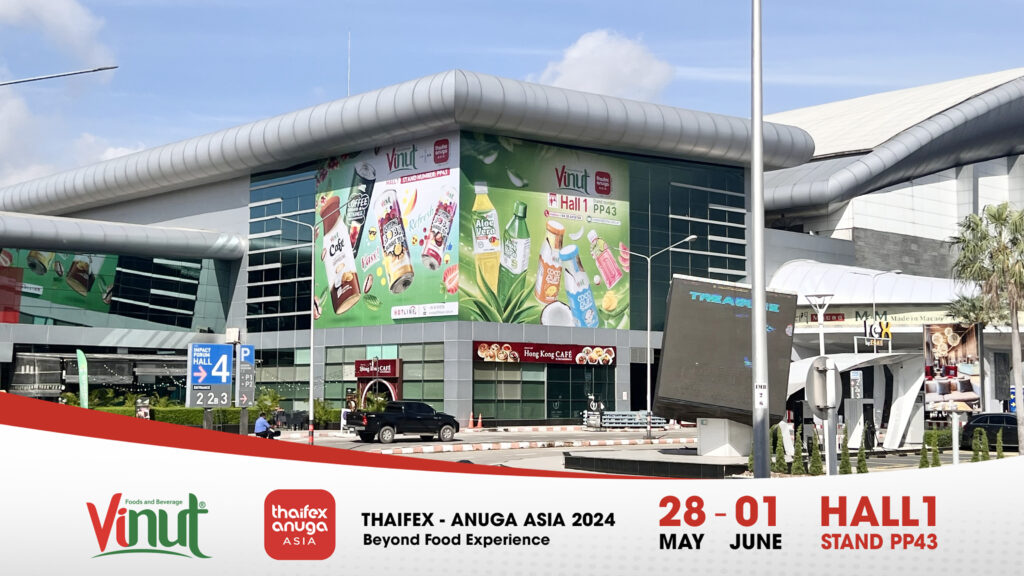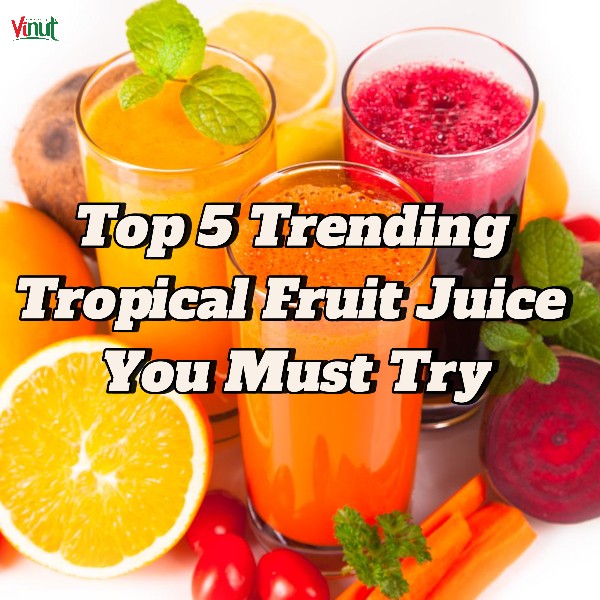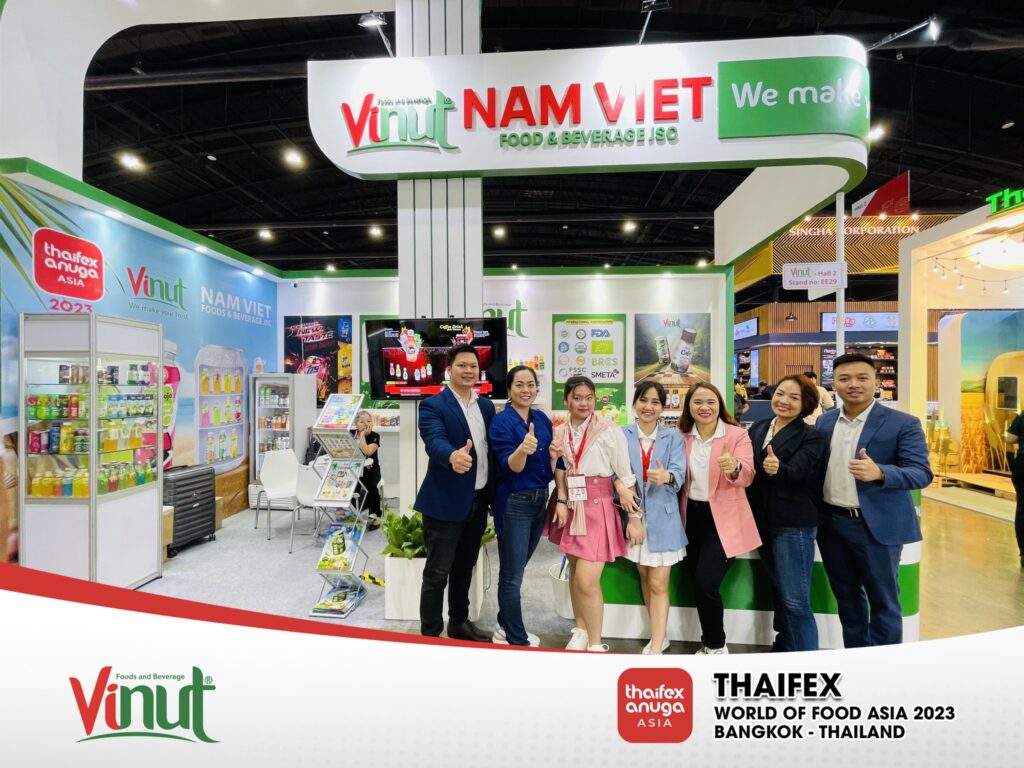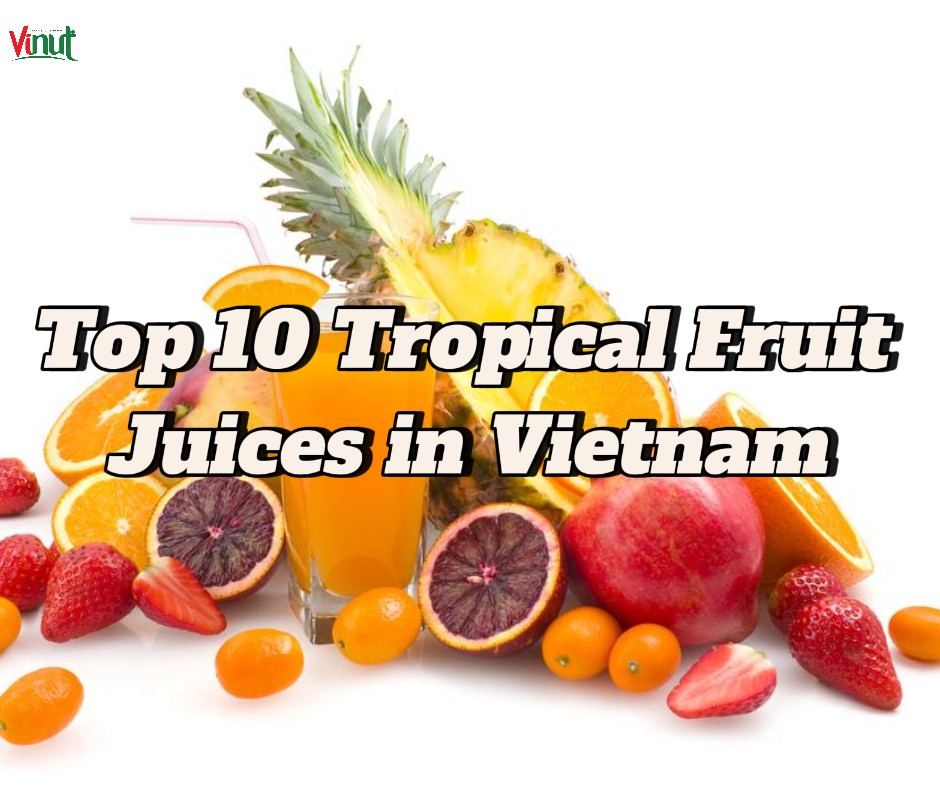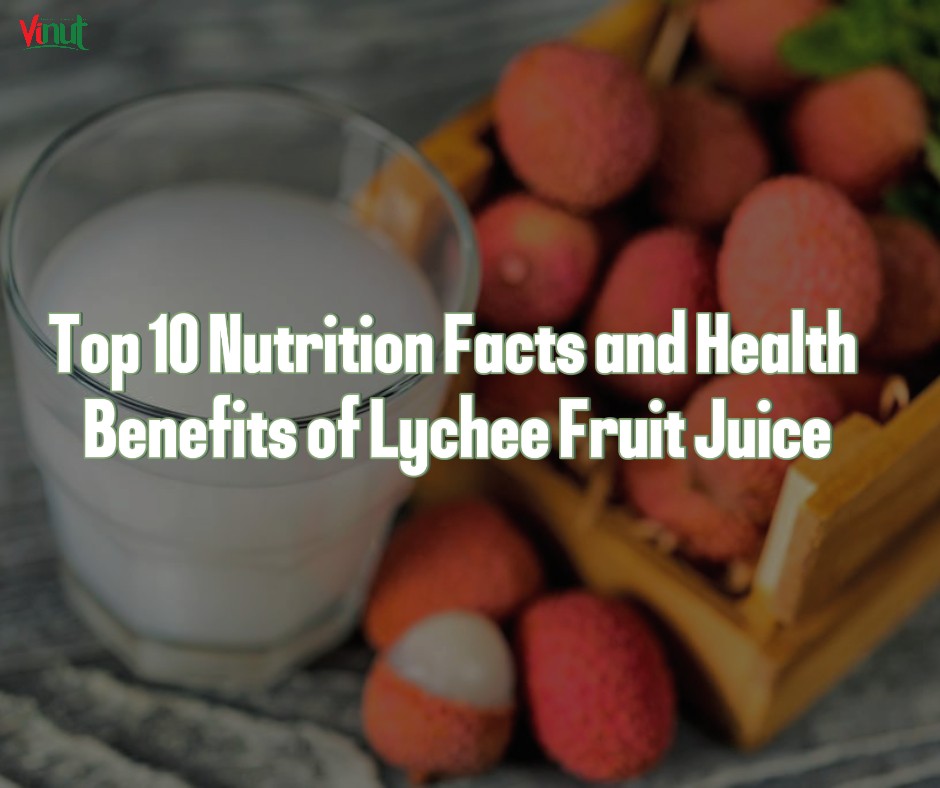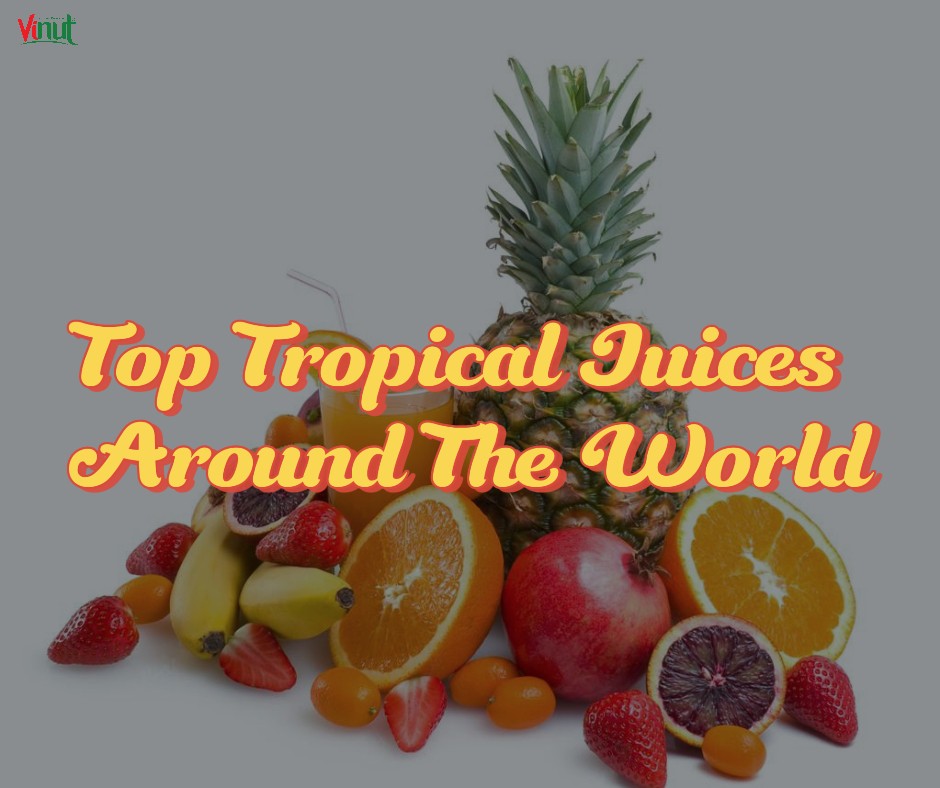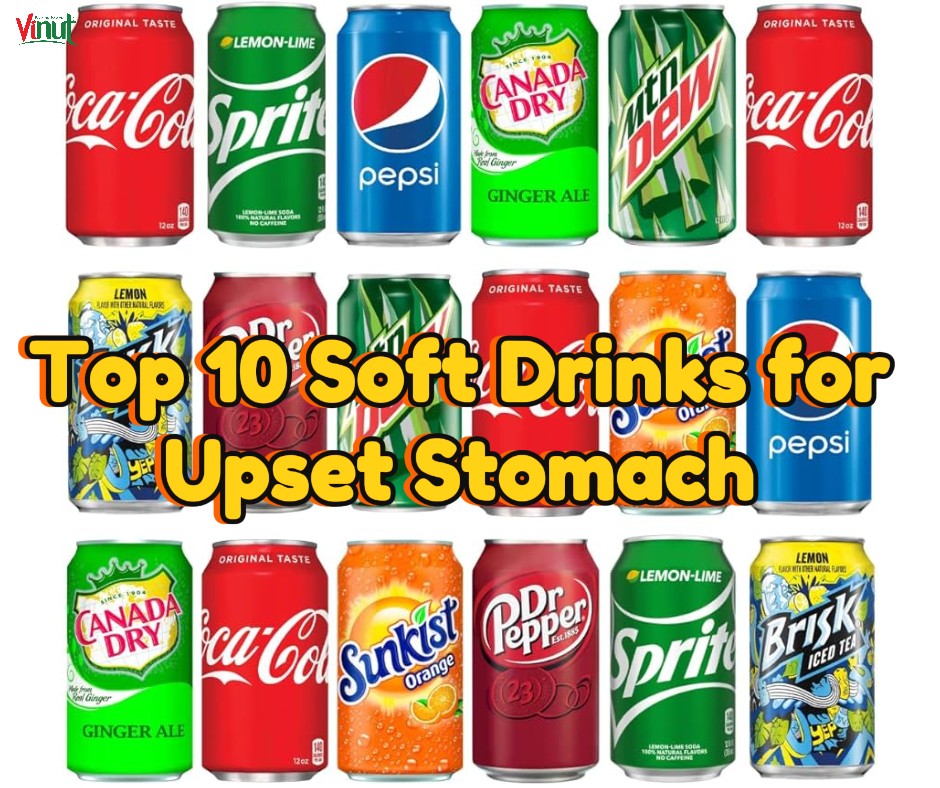
News
Top Beverage Industry Trends to Watch in 2024

The beverage industry is constantly evolving, driven by changing consumer preferences, technological advancements, and global trends. Keeping up with these shifts is crucial for businesses aiming to stay competitive and meet the demands of modern consumers. As we look towards 2024, several key trends are set to shape the landscape of the beverage industry. Let’s Cojo Cojo dive into the top beverage industry trends to watch in 2024.

#1 Health and Wellness Focus
One of the most prominent trends in the beverage industry is the growing focus on health and wellness. Consumers are increasingly seeking beverages that not only quench their thirst but also provide functional benefits.
Rise of Functional Beverages
Functional beverages, which offer health benefits beyond basic nutrition, are gaining immense popularity. These include drinks fortified with vitamins, minerals, probiotics, and other beneficial ingredients designed to support specific health goals, such as improved digestion, enhanced energy, or better mental clarity.
Plant-Based and Natural Ingredients
There’s a significant shift towards plant-based and natural ingredients in the beverage sector. Consumers are becoming more health-conscious and environmentally aware, driving the demand for beverages made from organic, non-GMO, and sustainably sourced ingredients. Plant-based milks, teas, and energy drinks are just a few examples of this trend.
#2 Sustainability in the Beverage Industry
Sustainability is no longer just a buzzword; it’s a critical aspect of the beverage industry’s future. Companies are adopting various sustainable practices to reduce their environmental impact and appeal to eco-conscious consumers.
Eco-Friendly Packaging
Eco-friendly packaging is a major focus for beverage companies. Brands are moving away from single-use plastics and exploring alternatives like biodegradable, recyclable, and reusable packaging materials. This shift not only helps reduce waste but also resonates with consumers who prioritize environmental sustainability.
Sustainable Sourcing and Production Practices
Sustainable sourcing and production practices are becoming standard in the industry. Companies are implementing methods to ensure that their ingredients are sourced responsibly and that their production processes minimize environmental impact. This includes reducing water usage, lowering carbon emissions, and supporting fair trade practices.
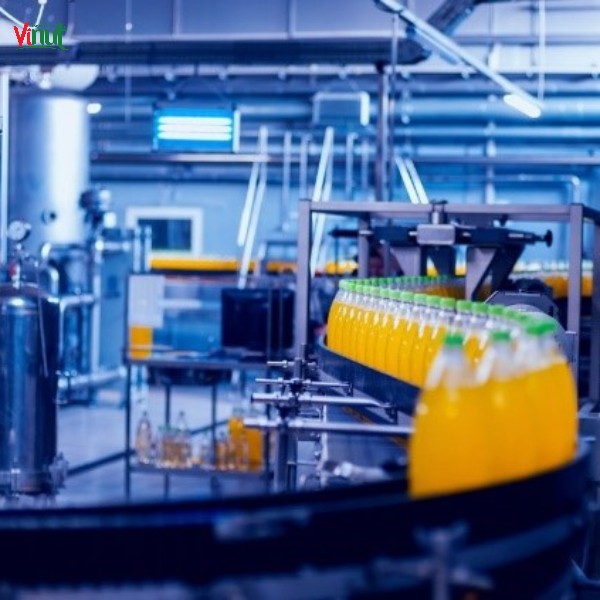
#3 Technology Integration
The integration of technology is revolutionizing the beverage industry, enhancing both production and consumer experiences.
Smart Beverage Dispensers
Smart beverage dispensers are making their way into homes, offices, and public spaces. These devices use IoT technology to offer personalized drink options, track consumption, and even suggest new flavors based on user preferences Beverage Industry.
AI and Data Analytics in Product Development
Artificial intelligence (AI) and data analytics are playing a crucial role in product development. Companies are leveraging these technologies to analyze consumer preferences, predict market trends, and create innovative beverages that cater to specific demands. This data-driven approach ensures that new products are more likely to succeed in the market.
#4 Personalization and Customization
Personalization is a key trend across various industries, and the beverage sector is no exception. Consumers are looking for drinks tailored to their individual tastes and health needs Beverage Industry.
Customized Drink Options
Customized drink options are becoming more prevalent, with brands offering the ability to personalize Beverage Industry based on flavor preferences, nutritional requirements, and dietary restrictions. This trend is especially popular in cafes and restaurants, where consumers can create their own drink blends.
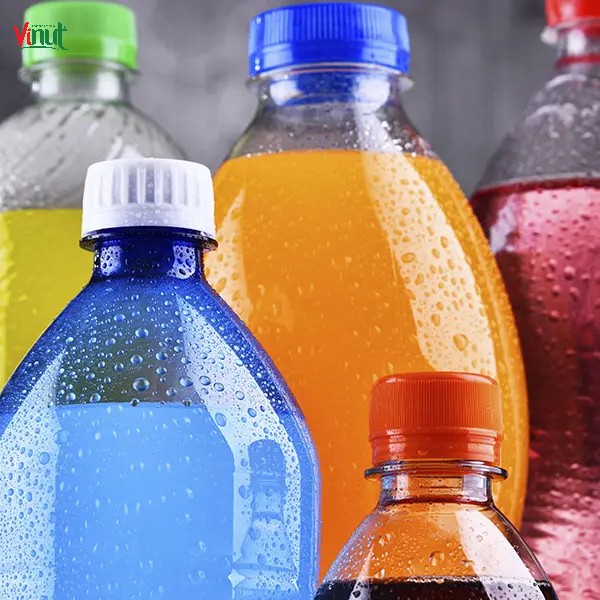
Personalized Nutrition and Beverage Choices
Personalized nutrition is a growing field, with consumers seeking Beverage Industry that align with their unique health profiles. Companies are developing drinks that cater to specific dietary needs, such as low-sugar, keto-friendly, or protein-enriched options, providing personalized nutrition in a convenient format.
#5 Innovative Flavors and Ingredients
The demand for unique and adventurous flavors is driving innovation in the beverage industry.
Exotic and Bold Flavors
Exotic and bold flavors are capturing consumer interest, with brands experimenting with ingredients from around the world. Think along the lines of yuzu, dragon fruit, and matcha, which offer distinct tastes and unique health benefits.
Use of Superfoods and Adaptogens
Superfoods and adaptogens are increasingly being incorporated into Beverage Industry. Ingredients like turmeric, spirulina, ashwagandha, and maca are known for their health-boosting properties and are becoming popular additions to juices, smoothies, and teas.
#6 Rise of Non-Alcoholic Beverages
The trend towards healthier lifestyles is fueling the growth of non-alcoholic beverages, offering consumers more options for social and personal enjoyment without the effects of alcohol.
Growth of Mocktails and Alcohol-Free Options
Mocktails and alcohol-free options are gaining traction as consumers seek sophisticated and flavorful alternatives to traditional alcoholic drinks. These beverages are often crafted with the same attention to detail as their alcoholic counterparts, using high-quality ingredients and innovative recipes.
Popularity of Low-Alcohol Beverages
In addition to completely alcohol-free options, low-alcohol beverages are also becoming popular. These drinks offer a lighter, more moderate drinking experience, appealing to those who enjoy the taste of alcohol but prefer a lower alcohol content.
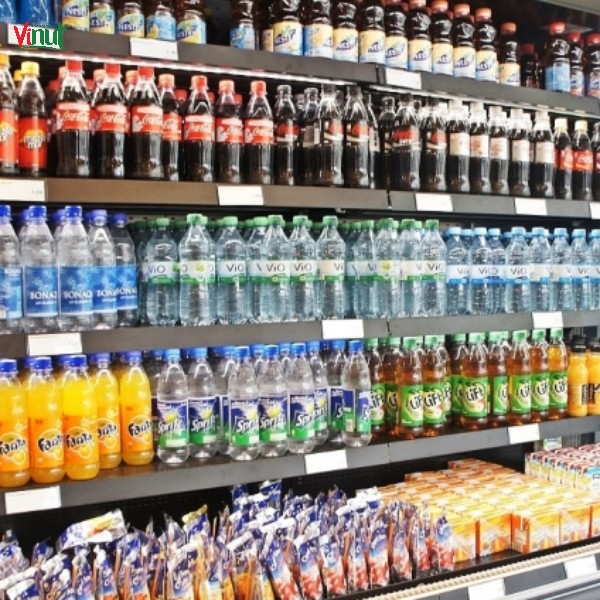
#7 E-commerce and Direct-to-Consumer Models
The rise of e-commerce and direct-to-consumer (DTC) models is transforming how beverages are sold and consumed.
Expansion of Online Beverage Sales
Online beverage sales are booming, with consumers appreciating the convenience of having their favorite drinks delivered directly to their doorsteps. Brands are capitalizing on this trend by enhancing their online presence and offering exclusive deals through their websites and social media platforms.
Subscription Services and Home Delivery
Subscription services and home delivery options are becoming more common, allowing consumers to receive regular shipments of their preferred beverages. These services often include personalized selections, making it easy for consumers to discover new products tailored to their tastes.
#8 Experiential Marketing
Experiential marketing is essential for building strong connections with consumers and creating memorable brand experiences.
Brand Experiences and Events
Brands are investing in experiential marketing through events, pop-ups, and interactive displays. These experiences allow consumers to engage with the brand in a meaningful way, creating lasting impressions and fostering brand loyalty.
Social Media and Influencer Collaborations
Social media and influencer collaborations are powerful tools for reaching a wider audience. Brands are partnering with influencers to create authentic content that resonates with their followers, driving awareness and sales through relatable and engaging stories.
#9 Clean Labels and Transparency
Clean labels and transparency are increasingly important to consumers who want to know exactly what they are consuming.
Demand for Clean Labels
There is a growing demand for clean labels, which list only simple, recognizable ingredients without artificial additives. Consumers are scrutinizing ingredient lists more closely, preferring products that align with their desire for natural and wholesome options.
Importance of Ingredient Transparency
Transparency about ingredient sourcing and production methods is crucial for building trust with consumers. Brands that provide detailed information about where their ingredients come from and how their products are made are more likely to gain consumer loyalty.
#10 Craft and Artisanal Beverages
Craft and artisanal beverages are experiencing a resurgence, appealing to consumers who value quality and authenticity.
Popularity of Craft Sodas and Small-Batch Drinks
Craft sodas and small-batch drinks are becoming popular as consumers seek out unique, high-quality beverages made with care and attention to detail. These products often feature creative flavors and premium ingredients, setting them apart from mass-produced options.
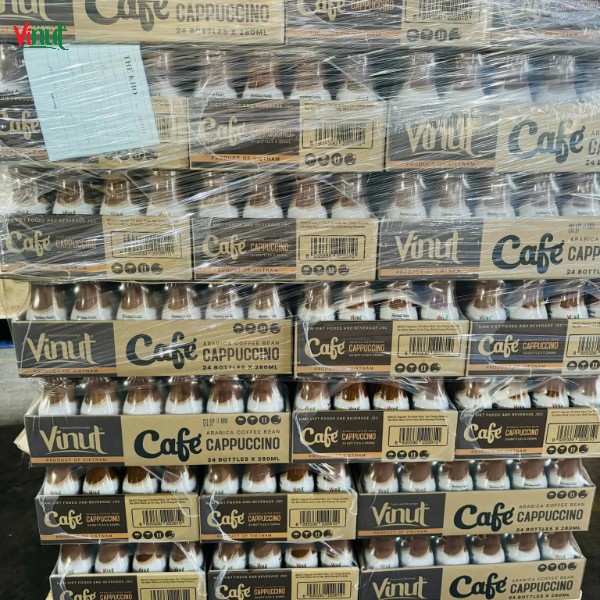
Artisanal Production Methods
Artisanal production methods emphasize traditional techniques and high-quality ingredients. This approach resonates with consumers who appreciate the craftsmanship and authenticity of small-batch, handcrafted beverages.
Conclusion
The beverage industry is set for an exciting year in 2024, with numerous trends shaping the market and influencing consumer preferences. From health-focused drinks and sustainable practices to technological advancements and innovative flavors, there is no shortage of opportunities for brands to thrive. By staying ahead of these trends and adapting to changing consumer demands, beverage companies can ensure their continued success in this dynamic industry.
FAQs
What are functional beverages?
Functional beverages are drinks that provide health benefits beyond basic nutrition, often fortified with vitamins, minerals, probiotics, or other beneficial ingredients to support specific health goals.
How is sustainability impacting the beverage industry?
Sustainability is driving changes in the beverage industry, with companies adopting eco-friendly packaging, sustainable sourcing, and production practices to reduce their environmental impact and appeal to eco-conscious consumers.
Why are non-alcoholic beverages gaining popularity?
Non-alcoholic beverages are gaining popularity due to a growing interest in healthier lifestyles and the desire for sophisticated, flavorful drink options that do not contain alcohol.
What is the role of technology in beverage innovation?
Technology plays a crucial role in beverage innovation, with advancements like smart dispensers, AI, and data analytics enhancing product development, personalization, and consumer experiences.
How can brands stay competitive in the evolving market?
Brands can stay competitive by keeping up with industry trends, focusing on sustainability, leveraging technology, offering personalized and innovative products, and engaging with consumers through experiential marketing and transparency.



